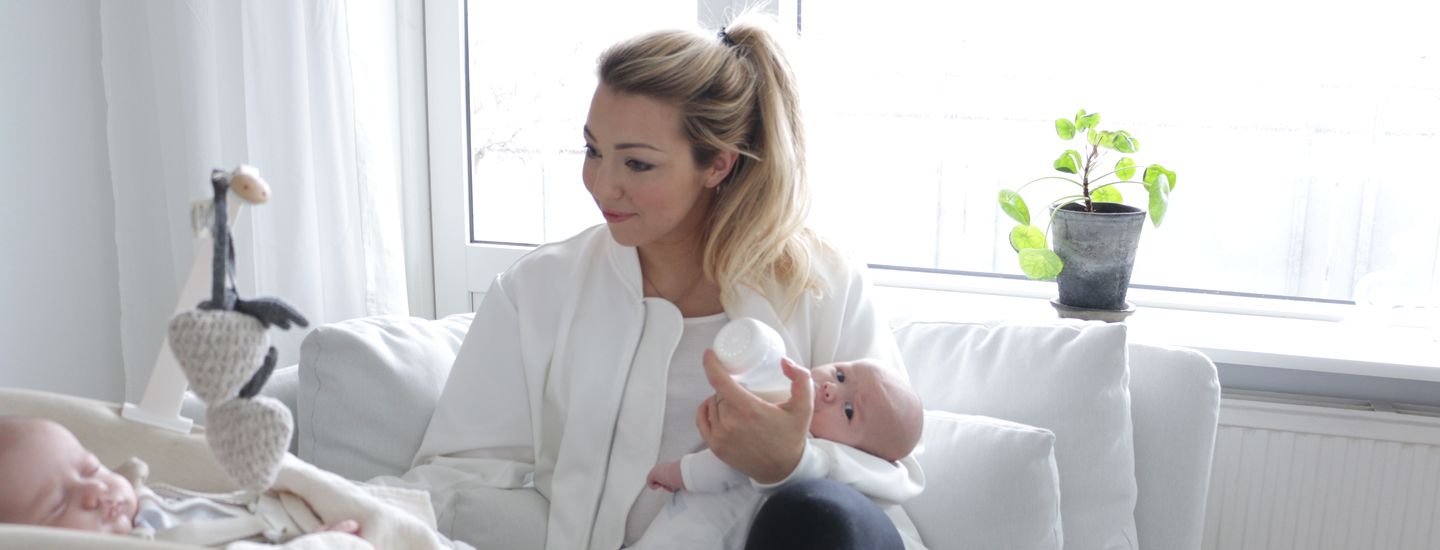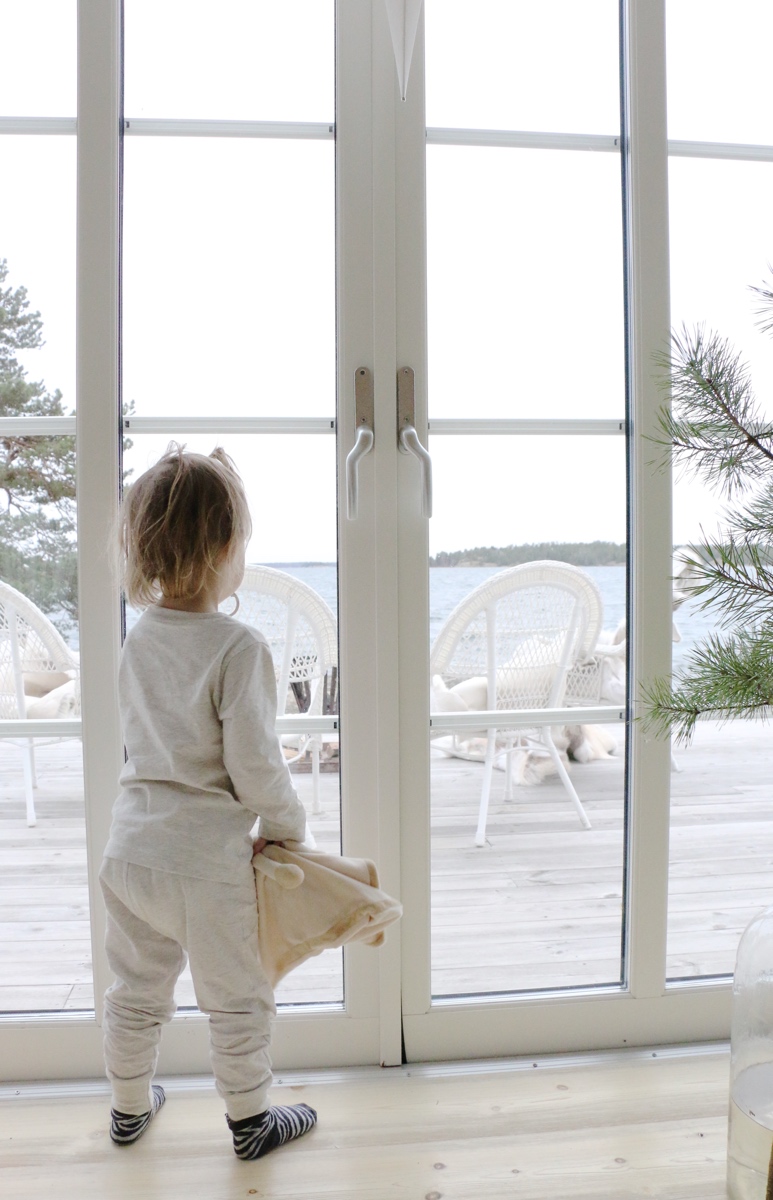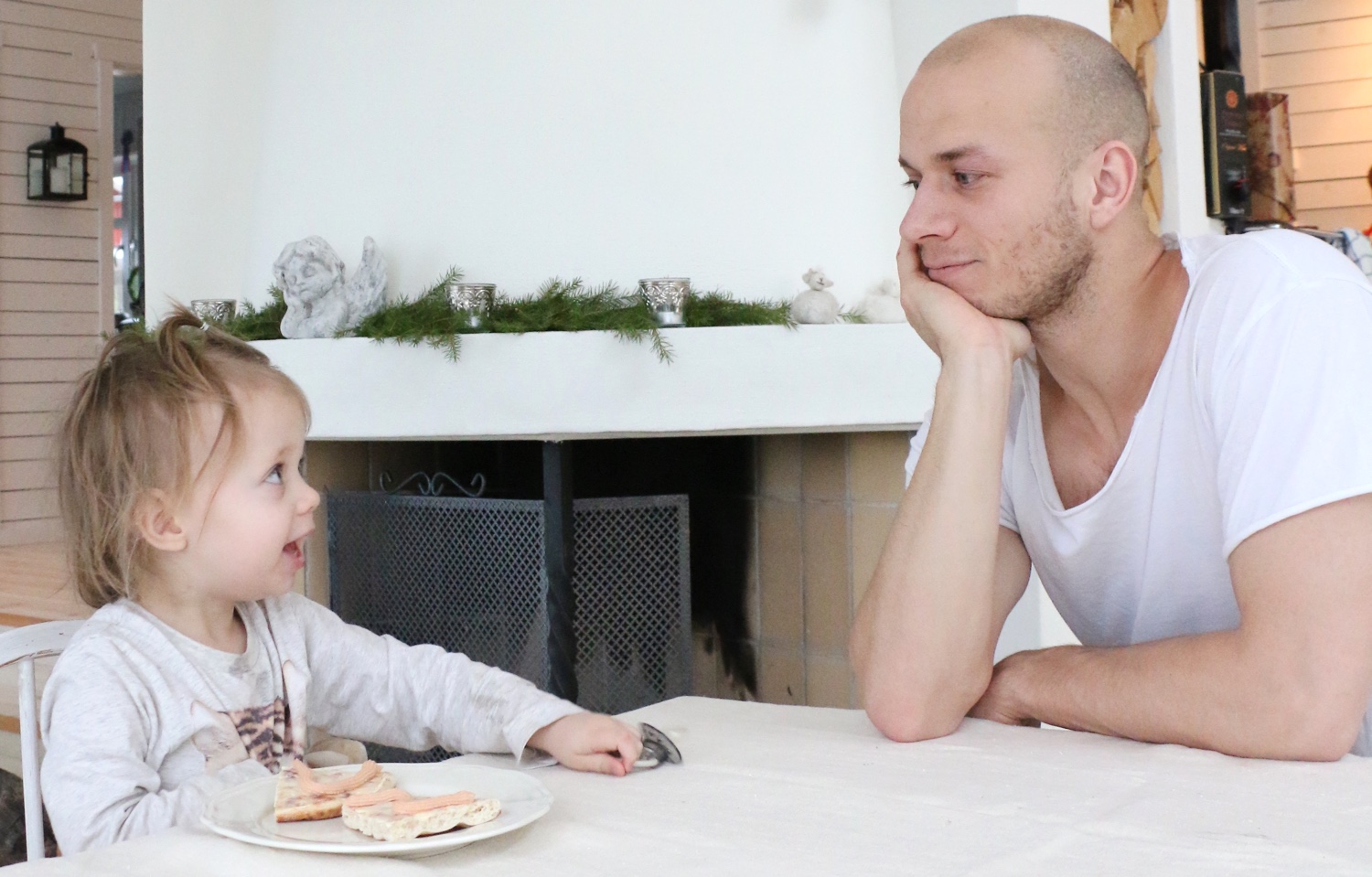Self-esteem is the value we place on ourselves. If you have a good self-esteem you value yourself highly. It’s about how you feel by being who you are. Good self-esteem is the knowledge that you are lovable, important, capable and unique.
Studies have shown that children as early perceive themselves as good and important individuals often grow up with a stronger belief in themselves. They have less need to impress and get confirmation from others to feel good. They often have a better relationship with other people, better to handle peer pressure and more likely to say no to drugs, or self-destructive behaviors. The well able to deal with life, feelings and decisions come from a foundation of strong self-esteem.
A child with good self-esteem:
– easily find new friends
– take responsibility
– be proud of their achievements
– control his temper
– be creative
– take on new tasks and challenges
– manage both positive and negative emotions
– help others without personal gain.
A child with low self-esteem:
– avoid trying new things
– blame others for their own failures
– be easily influenced by others
– be less able to develop their talents and endowments
– find it difficult to handle normal frustrations
– saying things such as: “I will fail” or “I know I can’t”
One of your most important tasks as a parent is to help your children to get a good sense of them self’s. You and your partner are their first and most important teachers. It is not very difficult to help strengthen the child’s self-esteem. The fact is that most parents do it without even thinking about it. But we are not perfect and we all make mistakes. Therefore it is a good to read the list below and try to remember how we can help our children.
Love,
Show your children daily, in both words and affection, that you love them. Children need to feel that they are worthy to be loved. When they feel accepted, respected and loved by the most important people in their lives, they also feel comfortable, safe and secure with others. Children who are confident are less afraid to try new things and make mistakes. Tell the child that you love it no matter what it says or does – love is unconditional. Clapping, hug and cuddle your children often.
Attention & Respect
Give the child attention and spend time with it. You would probably also wonder about your own value if your partner or your colleagues ignored you. Talk with your child and listen to your child when they are talking, show them respect on their options. Interest yourself for the child’s needs and desires (even if you can not meet them). Do not say that you are busy all the time, put your phone down and look at your child when they play.
Be a good role model
Do not talk bad about yourself or others in front of your children. Do not indulge the self-destructive behavior as abuse of alcohol, smoking, drugs or overeating. Be upbeat and positive :)
Let your child feel important
Children feel important if they can help at home. Let your children help out, that also means that you trust them. Give the child tasks it can handle and don’t forget to give enrichment when the task is done.
Let the child be unique
Try not to compare the child with siblings, friends or yourself as a child. Dim the competition down. Focus on what the child is instead of what it isn’t. Also avoid comments like “You are more beautiful than all the others,” or “you draw much better than all your friends.” It can be difficult to live up to such a glorified image of themselves. And those who truly believe it can become unbearably arrogant.
If one day you tell your child to sit at the table when eating, you can not allow the next day to sit at the couch and eat. It is confusing for the child. Life in routine helps children grow in confidence, do the same tings every day, sit at the same places around the kitchen table etc. To know what is expected and what is allowed inspires confidence and safety.




Skrifa Innlegg